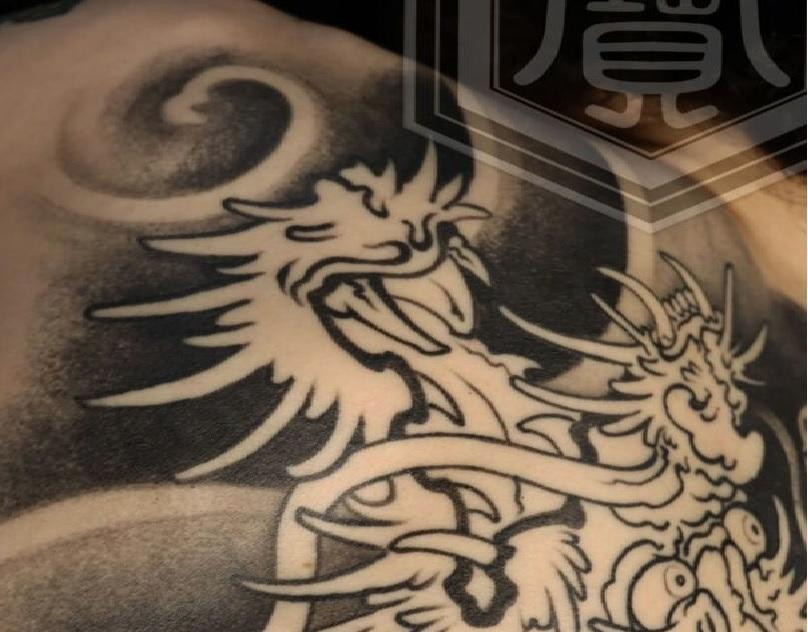Exploring Japanese Style Tattoo Symbols: Art, Meaning, and Tradition
Japanese-style tattoos, known as Irezumi, are revered worldwide for their intricate designs, vivid colors, and profound meanings. Rooted deeply in Japanese culture, these tattoos often transcend mere aesthetics, symbolizing personal stories, virtues, and spiritual beliefs. This article delves into the significance and artistic value of traditional Japanese style tattoo symbols, highlighting their cultural importance and timeless appeal.
A Brief History of Japanese Tattoos
The origins of Japanese tattoos trace back thousands of years. Initially, they served as marks of status or punishment. Over time, tattoos evolved into a refined art form during the Edo period (1603-1868), when they became popular among the working class and outlaws. Influenced by ukiyo-e woodblock prints, Japanese tattoos began to depict mythical creatures, folklore, and nature, blending storytelling with artistry.
Despite periods of social stigma, particularly when tattoos were associated with the yakuza (organized crime groups), Japanese tattooing has persevered as a respected cultural craft. Today, Irezumi is celebrated as an emblem of tradition and individuality.
Popular Japanese Tattoo Symbols and Their Meanings
Dragons (Ryu)
Dragons are among the most iconic symbols in Japanese tattoos, representing wisdom, strength, and benevolence. Unlike Western depictions of dragons as fearsome creatures, Japanese dragons are protectors that bring good fortune and balance.
Koi Fish
The koi fish symbolizes perseverance, determination, and transformation. Legend has it that a koi fish swimming upstream to the Dragon Gate transforms into a dragon, a tale signifying resilience and success against odds.
Tigers (Tora)
Tigers in Japanese tattoos signify courage, protection, and power. They are believed to ward off evil spirits and bring strength to the wearer.
Phoenix (Hou-ou)
The phoenix, a mythical bird that rises from its ashes, embodies rebirth, renewal, and triumph. It is often paired with dragons to balance feminine and masculine energies.
Lotus Flowers
The lotus is a powerful spiritual symbol in Japanese culture, representing purity, enlightenment, and resilience. Its ability to bloom beautifully in muddy waters is a metaphor for overcoming adversity.
Samurai
Tattoos of samurai warriors reflect values like honor, loyalty, and discipline. These designs pay homage to the Bushido code, the ethical way of the warrior.
Cherry Blossoms (Sakura)
Cherry blossoms are cherished in Japanese art and tattoos as symbols of the fleeting nature of life. Their delicate beauty serves as a reminder to appreciate life's moments.
The Artistry of Japanese Tattoos
Traditional Japanese tattoos are known for their full-body compositions, often featuring a cohesive theme that flows across the skin like a living canvas. The designs employ bold outlines, rich colors, and meticulous shading, creating depth and dynamism.
Choosing a Japanese Tattoo
Selecting a Japanese-style tattoo is a deeply personal journey. It is essential to understand the meaning behind each symbol and choose designs that resonate with your beliefs or experiences. Collaborating with a skilled artist familiar with Irezumi ensures authenticity and respect for this age-old art form.
Conclusion
Japanese tattoo symbols combine beauty, meaning, and tradition in a way that captivates and inspires. Whether it’s a dragon's wisdom or the fleeting beauty of cherry blossoms, each design tells a story that transcends time, making Irezumi a treasured form of self-expression.
Follow Us:

Comments
Post a Comment